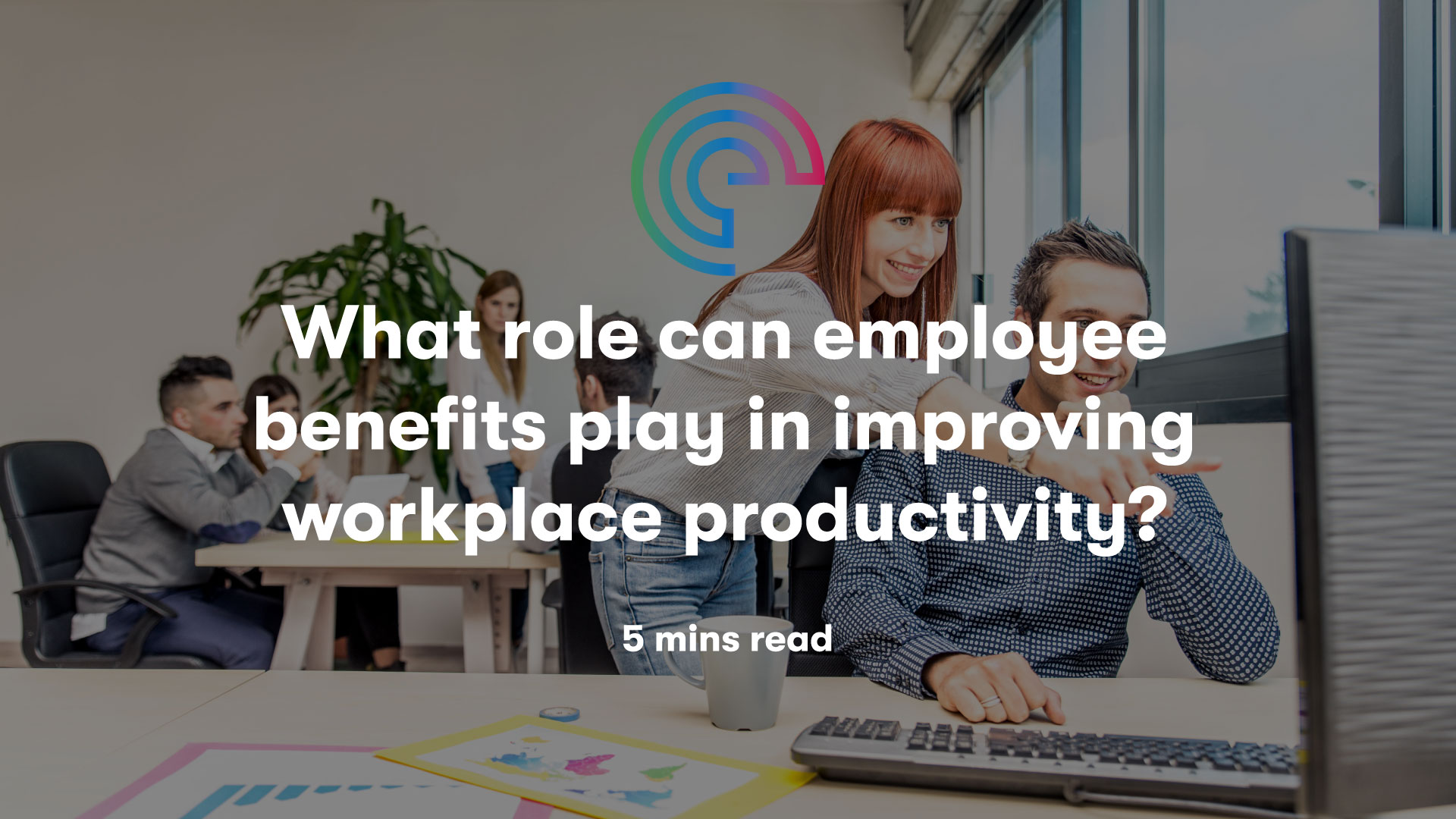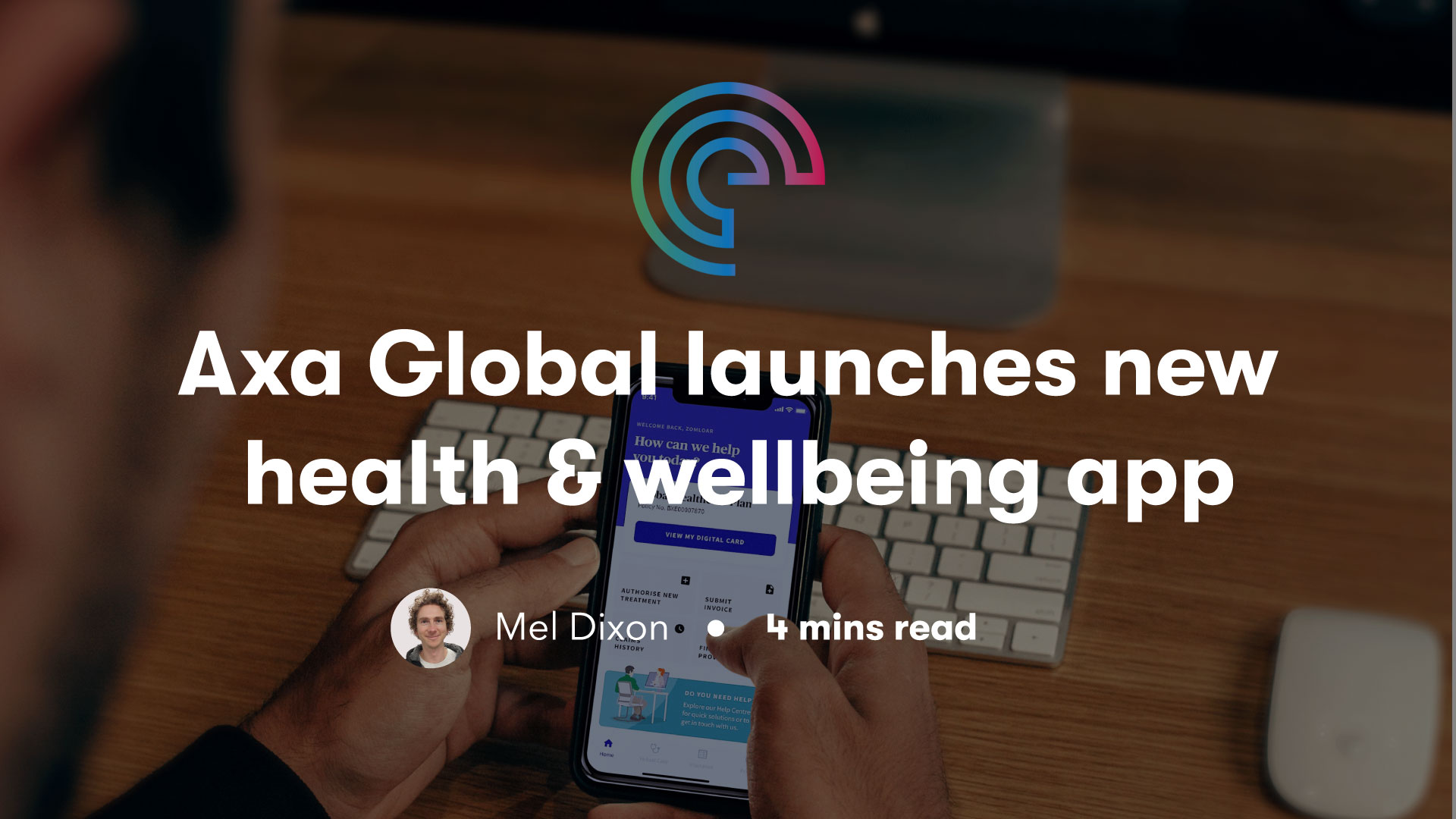We hear a lot about the UK’s productivity problem, but rarely about the health-related reasons behind it.
Mental health challenges and musculoskeletal (MSK) conditions are the two biggest causes of workplace absence according to the ONS. But they are also preventing employees from being fully engaged when they are present.
A study by Simplyhealth revealed that improving support for just three things – mental health, MSK issues, and GP access – could fix up to 80% of the UK’s productivity crisis.
The good news is that employers can make a difference by investing in the right employee benefits.
What’s causing the drop in productivity?
Let’s begin by focusing on mental health. AXA’s Mind Health Report 2025 found that 32% of adults globally are dealing with mental health issues. In the UK, mental health accounted for 27% of all sick leave in 2024, up from 23% the year before. This is also the number one reason for long-term absence for employees under 40.
And it’s easy to see why. Financial stress, job insecurity, workload, and the pressure to stay constantly “on” have taken a toll. Lengthy NHS waiting times mean people often can’t get support until things get serious.
Then there’s MSK health. Back pain, joint problems, and repetitive strain injuries don’t just cause physical discomfort; they’re also one of the leading causes of absence and the “presenteeism” phenomenon where people show up to work, but only do the bare minimum.
Together, these two issues massively impact employee health and productivity across the UK.
6 employee benefits that can help
There’s not one single fix, but there are small changes employers can make to significantly improve workplace health in relations to mental wellbeing and musculoskeletal issues.
1. Group Health Insurance plans
Many Company Health Insurance policies include:
- Virtual GP services for same-day or next day appointments
- Mental health support – providing access to counselling, psychology, and psychiatry services.
- Cover for MSK treatment, like physiotherapy, osteopathy, and chiropractic care
These features mean employees can get help early. Engage Health Group’s team of employee benefits consultants help businesses find appropriate health insurance policies according to the level of support they require.
2. Employee Assistance Programmes (EAPs)
EAPs offer confidential support for things like stress, financial worries, or even relationship issues. They’re usually free to employees and available 24/7.
The key is making sure people actually know about them. Too many companies have EAPs that are unused because employees are unaware they have the benefit. This can be fixed by regularly promoting EAPs through onboarding, internal comms, and manager check-ins. The more familiar employees are, the more likely they’ll use the support when they need it.
EAPs are often included on a Group Health Insurance plan, but can also be bought as a standalone service. Again, Engage Health Group can help advise on UK and International EAPs and how to implement them for UK or global employees.
3. Group Health Cash Plans
Group Health Cash Plans offer reimbursements for everyday healthcare costs, such as dentist visits, eye tests, and physiotherapy. They’re affordable, flexible, and especially useful for supporting MSK health before issues become serious.
Health Cash Plans are especially good for businesses that want to offer support without the cost of full-time private medical insurance.
Businesses can select the maximum claimable amount for each service. For example, Bupa’s Cash Plan gives staff the chance to get reimbursements of up to £100, £200 or £300 on physiotherapy, osteopathy, chiropractic and acupuncture treatments – depending on the cover level the employer has invested in.
Engage Health Group works with all the Group Health Cash Plan providers to ensure businesses get the best coverage options. Contact [email protected] or 01273 222805 and our team will provide accurate pricing based on the size of your business and any specific needs you may have.
4. Digital wellbeing tools
Apps and online platforms are becoming a standard part of the wellbeing toolkit. Popular tools include:
- Mindfulness and cognitive behavioural therapy (CBT) tools
- Sleep trackers
- Exercise prompts and guidance
- Nutrition advice & toolkits
- Guided therapy sessions
For example, AXA’s Mind Health Self-Check helps employees assess their mental wellbeing anonymously, then points them to relevant resources. Meanwhile, the likes of Unmind and Headspace provide standalone mental wellness apps backed by clinical research.
Wellbeing apps are not a replacement for clinical care, but they do help employees take small, daily steps to stay well or identify issues early on.
5. Group Income Protection
While Income Protection schemes are best known as ‘sick pay insurance’, in fact the policy does more than provide financial support to unwell employees, it also helps them in their recovery. All the main insurance providers offer some form of early intervention service designed to help employees get better faster and, therefore, speedup their return to work.
Many Group Income Protection schemes also come with EAPs, mental health support guidance or some form of wellbeing app.
6. Access to physical therapies
MSK problems account for more than 7.8 million lost workdays each year. Offering fast access to physiotherapy and osteopathy is one of the most effective ways to prevent MSK problems from becoming long-term issues. When employees can see a physio within days instead of weeks or months via the NHS, minor injuries can be treated early before they worsen.
Physical therapy is also a preventative measure for MSK. Regular sessions can help improve posture, mobility, and strength, especially if your employees spend long hours at a desk.
The ability to live free of pain and discomfort gives employees improved energy and concentration levels. This can reduce absenteeism and contribute to better productivity.
7. Healthy workspaces
Wherever staff are working, and in whatever industry, it’s important that good posture and healthy working habits are supported.
For office-based work, chairs need to offer ample back support, while desks and monitors need to be set at the appropriate level – and lighting needs to be sufficient. It’s all about ergonomics! In a more physical job, good posture and appropriate manual handling techniques need to be taught and practised.
Staff should also be encouraged to take their breaks, preferably away from the desk if they are office workers. This supports both their mental and physical health.
Setting up your wellbeing strategy
Offering these benefits is a good start, but having a wellbeing strategy in place will make a bigger difference in your employees’ lives.
Over half (53%) of organisations now have a stand-alone wellbeing strategy, according to the CiPD.
A wellbeing strategy should include:
- Finding out what employees need via anonymous surveys, usage data, best practice guidance
- Choosing benefits that support those needs, preferably with the help of an employee benefits consultancy, like Engage Health Group
- Training managers to identify early warning signs of staff struggling with stress, whether physical or mental
- Communicating clearly and regularly about wellbeing and the support you provide
- Setting goals – for example, you may want to reduce stress-related absence by 10%
It’s also worth considering employee expectations. AXA’s Mind Health Report found that 52% of employees want their company to provide mental health support, but only 47% say their employer currently does.
Tackling a global issue
Helping people stay well isn’t just a moral obligation. The McKinsey Health Institute estimates that improving employee wellbeing could generate $3.7 trillion to $11.7 trillion globally, mainly by reducing absenteeism and improving productivity.
McKinsey breaks down potential savings from improved wellbeing:
- $2 trillion – $9 trillion from productivity improvements
- $400 billion – $900 billion from reduced health costs
- $200 billion – $400 billion in increased workforce participation
Even on a smaller scale, reducing just a few percent of absence can have a big impact on how much your team can achieve.
How Engage Health Group can help
At Engage, we help businesses of all sizes design and implement employee benefit strategies that work. This is how we can help your business:
- We help you select the right mix of benefits
- We help align benefits with your business’s objectives and needs
- We help your employees to understand the benefits and actually use what’s available
- We provide administrative and consultancy support throughout the life of your policy
We understand that one-size-fits-all doesn’t work, so our advice is tailored to your company. If you’re ready to rethink how your benefits support productivity, we’d love to help. Contact [email protected] or 01273 222805 to get started.








